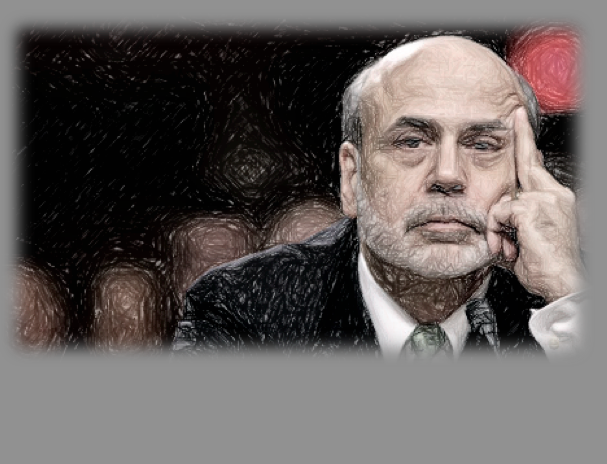New research reveals global trend for successful M&A deals becoming increasingly difficult to deliver as market reacts to new political winds

The global M&A market continues to struggle to add value, underperforming the Index in 2017 for the second quarter this year, which is a trend not seen since 2012, according to Willis Towers Watson’s latest Quarterly Deal Performance Monitor (QDPM).
The M&A research, run in partnership with Cass Business School, which tracks the number of completed deals over $100m and the performance of share price of the acquiring company against market indices, showed performance in Q3 2017 was 1.7pp (percentage points) below that index and essentially flat (0.2pp below index) when looking at the past four quarters together.
Growing government, antitrust and regulatory challenges are likely to have had a significant impact on the volume of M&A deals in 2017 and the marked drop in performance globally, suggests Willis Towers Watson. The most recent example of tighter rules is the consultation paper just issued by the UK Takeover Panel to bring in additional requirements, which will require more detailed information from bidders at an earlier stage in the deal process and more transparency on the reality of post-deal implementation.
Jana Mercereau, Head of Corporate Mergers and Acquisitions for Great Britain, said: “While deal activity in the UK and wider Europe remains healthy, the region is bucking the global trend. On a broader global scale, we are seeing increased pressure on dealmakers, particularly for larger and cross-border deals. Whilst some of these pressures reflect political realities others, such as some of the Takeover Panel’s ideas, formalise in a very public manner what many leading acquirers already regard as internal best-practice. Overall these pressures are shining a light on the reality that delivering a successful deal and realising value is difficult.”
UK acquirers have already secured nine deals so far in Q3 2017 and are expected to improve on the ten deals completed in the same quarter last year. European acquirers generally also continue to be the stand out dealmakers during an otherwise challenging third quarter, returning a market outperformance of 6.8pp above the index compared to 4.3pp the previous quarter.
While acquirers in North America showed an underperformance of 3.0 pp in Q3 2017, deal makers from Asia-Pacific were significantly lower with an underperformance of 12.1pp, which is an all-time low for the region.
In the three-year rolling analysis, Asia-Pacific acquirers still remain in the top spot due to their consistent performance in the last three years, with 20.7pp above their regional index followed by European and North American acquirers which have outperformed their regional indexes over the same period by 5.9pp and 1.1pp respectively.
Following a slow start in the number of deals closed globally in the first half of the year, deals closed in Q3 are currently at 178[2] (612 YTD) with significant drops in North America and Asia-Pacific compared to prior years. There was also a marked decline in the volume of mega deals (worth more than $10bn), with only three completed in this category (9 YTD). The overall results for 2017 so far show, with the exception of Consumer Staples, Energy and Power, Industrials and Telecommunications, all other sectors have underperformed their respective indices.
“It’s worth noting that despite this second quarterly drop and the prospect of deeper government intervention in deal making in the UK and globally, acquirers have continued to track well above market indices, maintaining a strong return on deals that have closed and providing strong evidence that, done well, M&A can deliver significant value,” commented Jana Mercereau. “The three-year rolling average performance for global acquirers still remains a healthy 5.4pp above the Index and an abundance of capital and cheap debt mean a flurry of deals could yet unfold during the remainder of 2017.”
HedgeThink.com is the fund industry’s leading news, research and analysis source for individual and institutional accredited investors and professionals










































